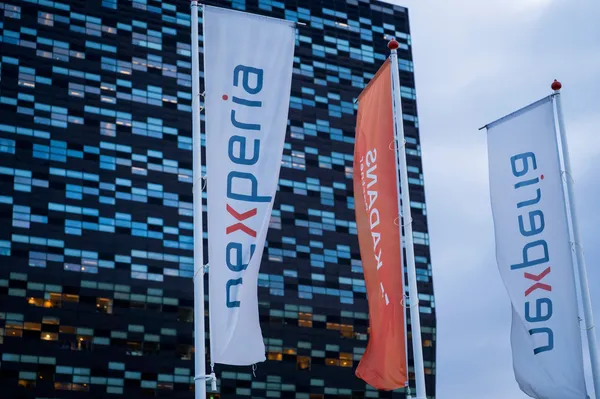
In a world increasingly driven by artificial intelligence (AI), demand for the microprocessors that power this technology is surging. Nvidia Corp. CEO, Jensen Huang, recently underscored this reality in a plea to Taiwan Semiconductor Manufacturing Co (TSMC), the world's largest dedicated semiconductor foundry, for more chip supplies to meet the robust AI demand.
Though it may seem like a straightforward request from a buyer to a supplier, the implications are far-reaching, affecting global industries, economies, and even geopolitical relationships. This article aims to decode these implications, offering insights to investors, businesses, and the average person alike.
One of the most immediate impacts of this surge in AI demand is on the semiconductor industry itself. Traditionally, this industry has been dominated by a few key players, including TSMC, Intel, and Samsung. However, the rise of AI is changing the game. It has led to the emergence of new players, such as Nvidia, who are challenging the status quo with their specialized AI chips. This shift is creating a new competitive landscape, with potential winners and losers.
For investors, this could mean opportunities for significant returns. Nvidia's stock, for instance, has seen an impressive rally in the past few years, driven largely by the company's success in AI. However, it also carries risks. If AI demand were to slow down or if competition intensifies, companies that have heavily invested in AI could face challenges.
AI's influence on chip manufacturing also has profound implications for global supply chains. Almost all tech devices we use today, from smartphones to cars, rely on semiconductors. Any disruption in the supply of these chips can have ripple effects across industries. For instance, the recent global chip shortage has caused production delays for automakers and electronics manufacturers, impacting their bottom line.
Moreover, the geopolitical implications cannot be underestimated. Taiwan, home to TSMC, is at the center of the global semiconductor supply chain. This position gives the island nation significant leverage in the international arena, which can be used or misused depending on the geopolitical climate.
Finally, for businesses and individuals who rely on AI technology, the surge in demand can impact pricing. As AI becomes more mainstream, the cost of AI chips could potentially increase, affecting the affordability of AI-powered solutions. On the other hand, if chip manufacturers can scale their operations to meet demand, it could lead to lower prices over time.
In conclusion, Nvidia's request to TSMC is not just about meeting the AI demand. It signifies the profound impact of AI on the semiconductor industry and beyond. As AI continues to permeate every aspect of our lives, understanding these shifts will be crucial for investors, businesses, and individuals alike.

 Next
Next
Comments (0)
Leave a comment